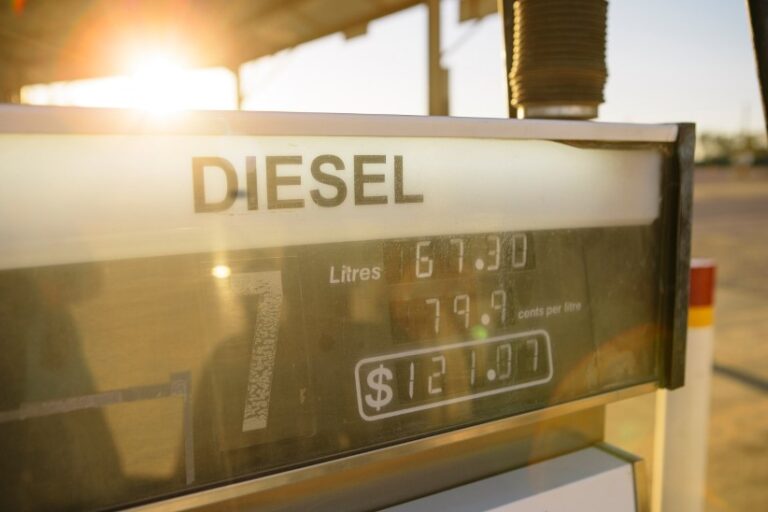– By Marc Sibbald –
Last week the UK Government confirmed that it will stop the sale of all new conventional petrol and diesel cars and vans by 2040 in a bid to improve roadside air quality as quickly as it can.
The announcement came is focused on delivering nitrogen dioxide (NO2) compliance at the roadside in the shortest amount of time. Its one part of the government program to deliver clean air – next year the Government will publish a comprehensive Clean Air Strategy which will address other sources of air pollution.
Air quality in the UK has been improving significantly in recent decades, with reductions in emissions of all of the key pollutants, and NO2 levels down by half in the last 15 years.
Despite this, an analysis of over 1,800 of Britain’s major roads show that a small number of these – 81 or 4% – are due to breach legal pollution limits for NO2, with 33 of these outside of London.
The Environment Secretary Michael Gove said, “Today’s plan sets out how we will work with local authorities to tackle the effects of roadside pollution caused by dirty diesels, in particular nitrogen dioxide. This is one element of the government’s £3 billion programme to clean up the air and reduce vehicle emissions”.
“Improving air quality is about more than just transport, so next year we will publish a comprehensive Clean Air Strategy. This will set out how we will address all forms of air pollution, delivering clean air for the whole country”.
The Transport Secretary Chris Grayling said, “We are determined to deliver a green revolution in transport and reduce pollution in our towns and cities. We are taking bold action and want nearly every car and van on UK roads to be zero emission by 2050 which is why we’ve committed to investing more than £600m in the development, manufacture and use of ultra-low emission vehicles by 2020”.
This is a major signal to Fleet Managers and novated lease drivers about the future of vehicles in Australia and globally. No longer will governments accept that nothing can be do on vehicle emissions.
Vehicle manufactures have been rapidly developing the technology to reduce the cost of electric vehicles and other environmentally friendly power trains such as hydrogen fuel cells. Now they have a clear direction from the UK government on the future of vehicle emissions so they can invest in new technology.
Range anxiety will disappear because the makers of charging stations, batteries and other infrastructure have also been given the green light to continue improving the technology with the confidence of future commercial success.
And consumers are now on notice that this is the future of motoring. The water cooler talk that dispels EVs or hydrogen fuel cell vehicles as futuristic will stop. The technology is here now and perfectly capable of being substituted for the majority of petrol or diesel powered vehicles if the public is willing.
As for Fleet Managers the ‘whole of life’ model may still work today but some things need to be considered if you are planning five or ten years out. More than ever the Fleet Manager will need to work across the organisation to communicate the changing requirements of the fleet (including novated leases, car share and car allowances).






